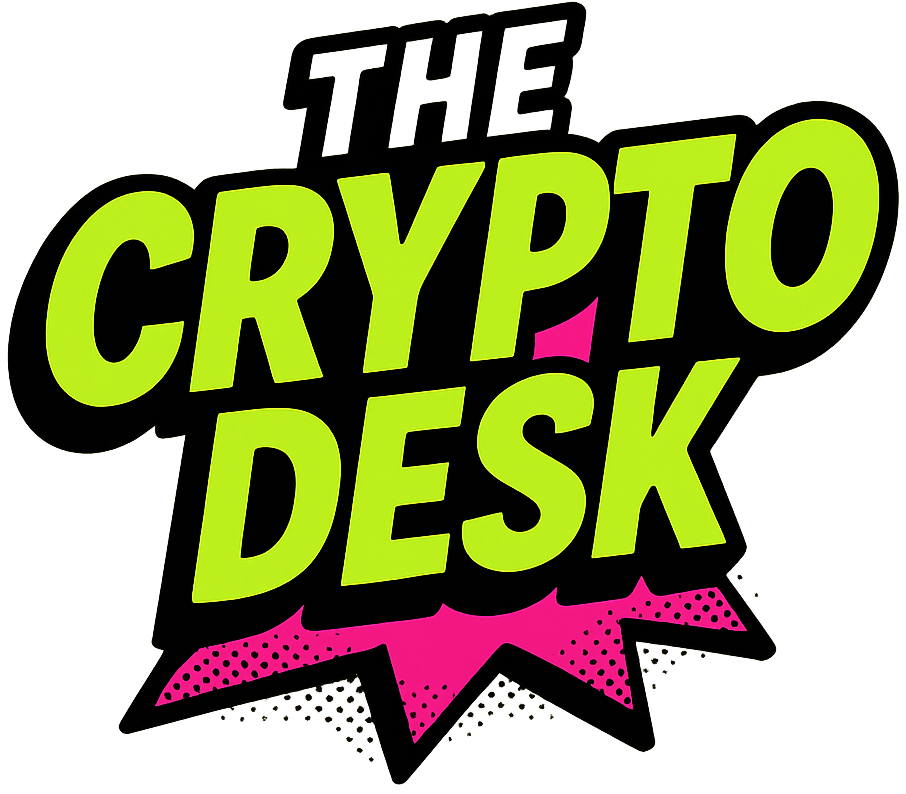Loopscale’s Turbulent Times: A $5.8 Million Exploit Shakes the DeFi Landscape
In a shocking turn of events for the decentralized finance (DeFi) ecosystem, Loopscale, a burgeoning protocol built on the Solana blockchain, recently found itself in the crosshairs of a hacking incident that drained approximately $5.8 million in assets. On April 26, this unsettling breach unfolded, leading to the extraction of 5.7 million USDC and 1,200 SOL through a series of cleverly orchestrated undercollateralized loans. In the aftermath, co-founder Mary Gooneratne stepped forward to reassure users of ongoing recovery efforts and platform enhancements.
Current Status: Restorative Measures in Place
In light of this exploit, Loopscale has partially revitalized its services, enabling users to repay loans, add collateral, and close existing loan arrangements. However, key functionalities remain on hold. Vault withdrawals, for instance, are still disabled as the development team digs deeper into the breach and establishes robust security measures to prevent future occurrences.
Gooneratne confirmed that the exploit was confined to the USDC and SOL vaults, which contributed to around 12% of Loopscale’s total value locked (TVL) before the exploit. “Our team is fully mobilized to investigate, recover funds, and ensure users are protected,” she emphasized in a recent communication on social media.
Update: Loopscale has re-enabled loan repayments, top-ups, and loop closing. All other app functions (including Vault withdrawals) are still temporarily restricted while we investigate and ensure mitigation of this exploit. The root cause of the exploit has been identified as an… https://t.co/Pk2pMx8UcK— Loopscale (@LoopscaleLabs) April 26, 2025
Why This Matters: A Growing Concern in the Crypto Sphere
The exploit at Loopscale adds to a staggering increase in crypto hacking incidents, underscoring the vulnerability of even the most innovative and promising protocols. In the first quarter of 2025 alone, blockchain security firm PeckShield reported a staggering total of over $1.6 billion stolen through various exploits, reinforcing the notion that security measures in the crypto space must evolve at pace with technological advancements.
This incident marks a significant alarm for investors, particularly as the DeFi landscape faces strain from novel threats. As protocols lean into advanced models like Loopscale’s efficient lending mechanisms, the onus is on them to implement stringent safeguards that protect user assets against similar vulnerabilities.
Loopscale’s Unique Approach: A Double-Edged Sword
Loopscale, which went public mere weeks prior to the incident on April 10 after an extensive six-month beta phase, introduced a novel lending model aimed at enhancing capital efficiency. Unlike traditional protocols like Aave that depend on pooled liquidity, Loopscale employs an order book system that directly matches borrowers with lenders.
This model also opens doors for specialized markets catering to structured credit, receivables financing, and even undercollateralized loans. Prior to the breach, Loopscale boasted an impressive TVL of around $40 million, capturing the interest of over 7,000 lenders with competitive yields—over 5% on USDC and an enticing 10% for SOL deposits. The platform also facilitated lending for popular tokens like JitoSOL, BONK, and introduced innovative looping strategies across 40 token pairs.
Expert Opinions: Navigating Uncertain Waters
Cryptocurrency analysts are closely monitoring this situation, with many expressing concern over the implications for the broader DeFi ecosystem. “Security breaches like this could erode trust amongst users,” commented a hypothetical expert. “Protocols must prioritize robust security audits and transparent communication to retain user confidence.”
Furthermore, experts suggest that Loopscale’s recovery efforts will set a precedent for other DeFi platforms facing similar threats. How effectively Loopscale can reassure and bolster user trust will be critical for its future sustainability.
Future Outlook: Navigating Towards Recovery
As investigations into the hack continue, the future of Loopscale hangs in the balance. Will they emerge stronger from this ordeal, implementing fortified security measures and regaining user trust? Only time will tell. The incident raises broader questions about the accountability of DeFi protocols and the necessary steps they must take to ensure user safety in an increasingly perilous landscape.
With the cryptocurrency sector showing no signs of slowing down, it remains imperative for institutions, users, and developers alike to foster a culture of security and resilience. As the fight against hacking continues, the story of Loopscale will undoubtedly serve as a critical learning experience for the entire community.
In Conclusion: Join the Conversation
The Loopscale incident serves as a stark reminder of the volatility and unpredictability inherent in the crypto world. What steps should platforms take to ensure the safety of their users? How can investors best navigate this turbulent landscape? We invite you to share your thoughts and engage in discussion below. The future of decentralized finance could very well depend on the lessons learned from such incidents.

